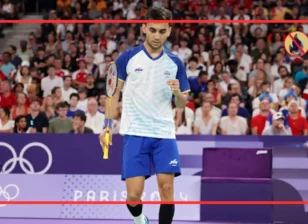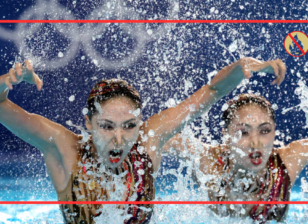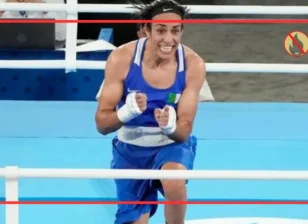Exploring Religious Restrictions In France
France faces a complicated interaction of constitutional principles, regulations, and societal norms in negotiating the complex environment of religious freedom and governance. There is a persistent contradiction between the right to choose, alter, and practice one’s religion and the government’s authority to oversee and shut down religious organisations. French values, which are based on basic liberties like association and religion, converge with current legislative developments.
The bill that President Emmanuel Macron approved on August 24 gives the authority to close mosques and dissolve Muslim organisations. In the middle of these actions, responses from various religious organisations, non-governmental organisations, and the general public surface, exposing a complex dialogue on the precarious balance between individual liberty and state control.
Historical Context
Since the French Revolution, France has been committed to secularism, or laïcité, which aims to keep church and state apart. This idea was made official by the 1905 Law on the Separation of Church and State, which established a secular republic. Legal frameworks have changed over time to protect individual liberties and preserve the state’s secular nature.
Constitution and Fundamental Freedoms
The French constitution, a cornerstone of the nation’s legal framework, emphasises the principles of liberty, equality, and fraternity. Embedded within these ideals are the fundamental freedoms of worship and association, allowing citizens to practise their chosen religion freely. However, these freedoms are not absolute, and their exercise is subject to certain limitations for the sake of public order and safety.
Government Actions: President Emmanuel Macron’s Initiative
President Emmanuel Macron’s tenure has witnessed a proactive stance on religious matters, seeking to reinforce the state’s control over religious organisations. On August 24, a significant law was signed, granting the government powers to monitor and, if necessary, close down religious organisations deemed to pose a threat to public order. This includes the dissolution of Muslim organisations and the closure of establishments and mosques.
The government’s actions also extend to the realm of public health, notably with the Implementation of the COVID-19 “health pass.” This measure, while primarily focused on controlling the pandemic, has raised concerns about its potential impact on religious gatherings and freedom of worship.
Legal Framework: Court of Cassation and IHRA Definition of Antisemitism
The Court of Cassation, France’s highest court, plays a crucial role in interpreting and upholding the law. Its decisions on religious matters set precedents that shape the legal landscape. Additionally, France has adopted the International Holocaust Remembrance Alliance’s (IHRA) working definition of antisemitism. It reflects the government’s commitment to combating discrimination against Jewish communities.
Religious Groups and Reactions
Leaders of various religious groups, including Muslims, Catholics, Protestants, and Christian Orthodox, have responded to these developments. While some have condemned the law as an infringement on religious freedom, others have expressed support for initiatives such as the “Charter of Principles for the Islam of France”. This charter, endorsed by some Muslim leaders, aims to promote an Islam compatible with French values.
Non-governmental organisations (NGOs) have played a vital role in voicing concerns and criticisms against the government’s actions. The law and its implications have sparked debates within the broader society, leading to protests against the “health pass” and discussions on the limits of state intervention in religious affairs.
Challenges and Critics
Despite efforts to strike a balance, critics argue that the measures, particularly the charter and the dissolution of religious organisations, may disproportionately target specific communities. The protests against the “health pass” reveal deep-seated concerns about individual liberties and the government’s authority in times of crisis.
Symbols of Struggle: Yellow Star of David and Antisemitic Signs
In a poignant reminder of history, the use of symbols such as the Yellow Star of David during protests highlights the complex interplay between current policies and historical traumas. Antisemitic signs, along with anti-Muslim and anti-Christian acts, underscore the challenges France faces in addressing discrimination while upholding its commitment to secularism.
Conclusion
As France navigates the intricate intersection of religion, law, and societal values, the debates surrounding religious restrictions remain complex and multifaceted. The government’s actions, legal frameworks, and the responses from religious groups and civil society shape the ongoing discourse on the delicate balance between safeguarding national values and respecting fundamental freedoms. The journey ahead requires a nuanced understanding of history, a commitment to dialogue, and a dedication to upholding the principles that define the French Republic.





